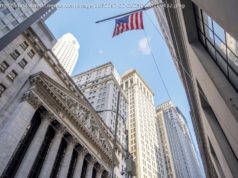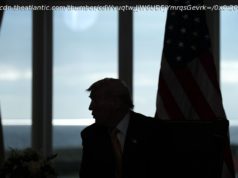Moscow’s negotiating position will weaken, allowing its trading partners to dictate even less favorable terms for the sale of export products such as oil.
Let’s begin with a brief chronology of events. On the evening of June 23, Yevgeny Prigozhin, the head of the Russian private military company Wagner, launched into a rant against the leadership of the Russian defense ministry. Prigozhin accused the leadership of incompetence, theft and corruption. He also stated that the official data on deaths in the “special operation in Ukraine” underestimated by up to 10 times.
A few hours later, Prigozhin said that the defense ministry forces had attacked formations of Wagner PMC, as the group of mercenaries is official known. He declared a “March for Justice” and said he intended to “sort it out” with the defense leadership. In particular, he announced an “act of retribution” against Commander Gerasimov and Defense Minister Shoigu.
The next day, on the morning of June 24, Russian President Vladimir Putin addressed the nation with a message, urging Wagner PMC forces to surrender, accusing the firm’s leadership of treason and promised that the organisers of the uprising and participants would be punished accordingly. When this article was being written, PMC Wagner forces had already taken regional centres in the south of Russia – the cities of Rostov-on-Don and Voronezh – without a fight. They were moving towards Moscow.
Wagner PMC columns continued to move without encountering any organised resistance, with the exception of several attempts to bombard the formation by air (there were at least four separate helicopter sorties). An anti-terrorist operation has been declared in Moscow and major cities of the Central Federal District.
The key question now is how monolithic the state will prove to be; it is this that determines how far the insurgency will go and how severe the consequences for Russia will be. But it is also interesting what to expect from the outcome of the uprising to the world.
Prigozhin says the main objective of the “March of Justice” is the overthrow of the military leadership, but with a caveat – so far, he has never made accusations about the president and commander-in-chief of the Russian armed forces, Vladimir Putin. On the contrary, has always publicly emphasised his loyalty to the president personally. After the Putin’s address, the situation changed somewhat. Prigozhin said that he did not agree with the president’s position and that he did not consider himself or his troops traitors to the motherland. He said they were opposed to thieving officials, though he still did not accuse Putin directly.
Yevgeny Prigozhin has been in involved in major criminal schemes in the Russian Federation over the past decades. His company, Concord, used its political connections to gain a monopoly position to supply state institutions (including educational institutions and military units) with foodstuff.
Домой
United States
USA — Financial Explainer: What is behind the attempted coup in Russia and how will...






